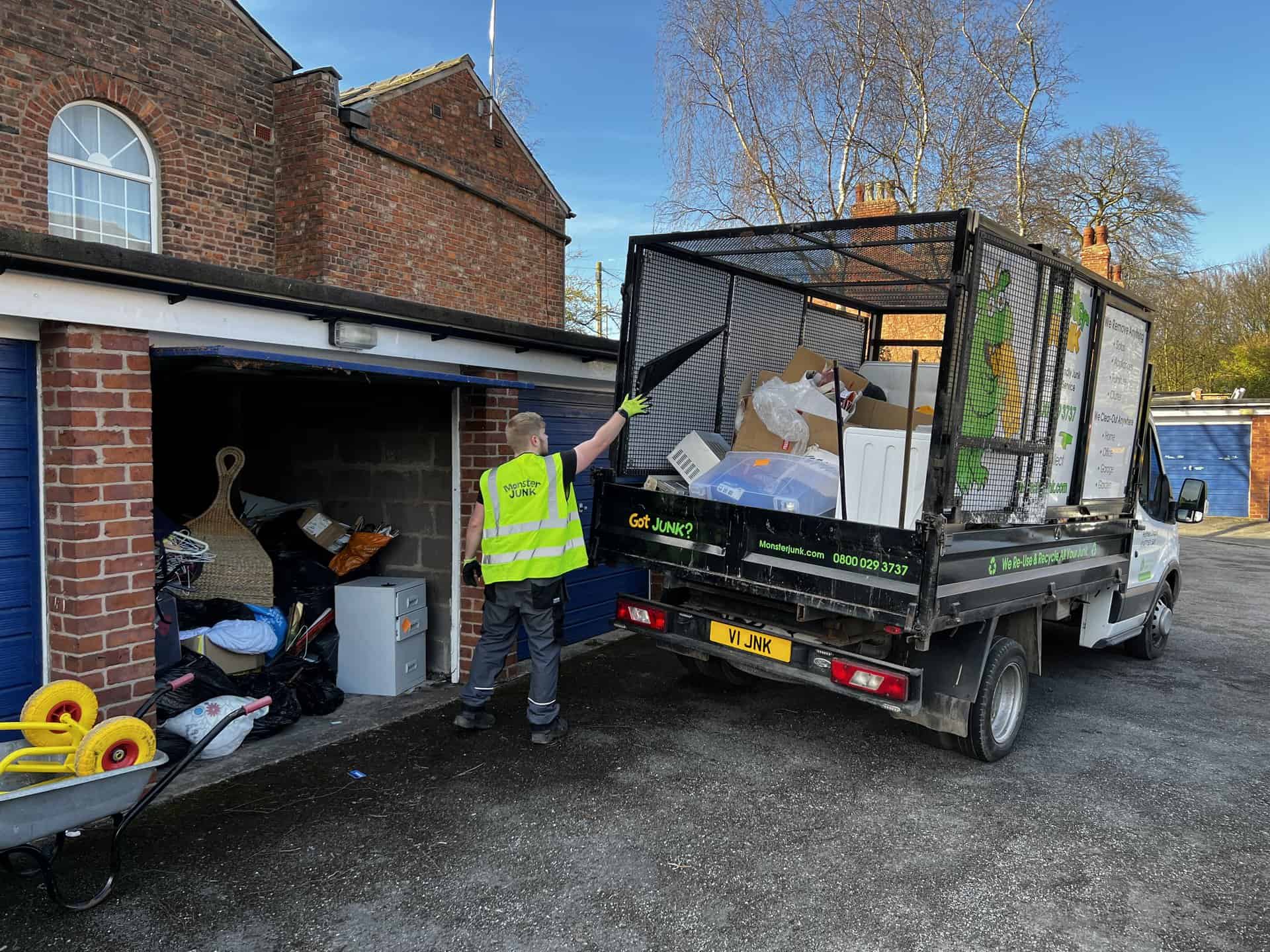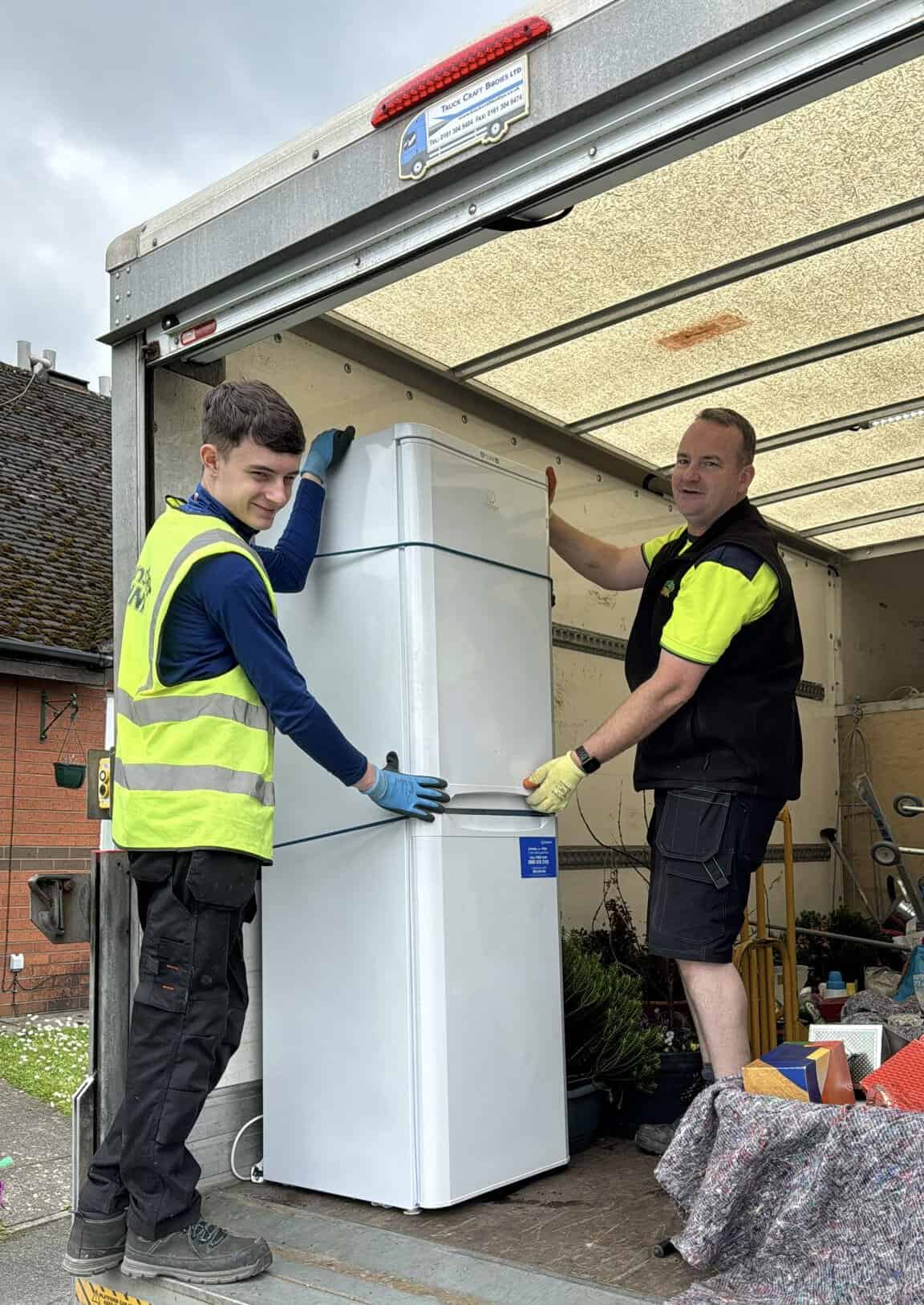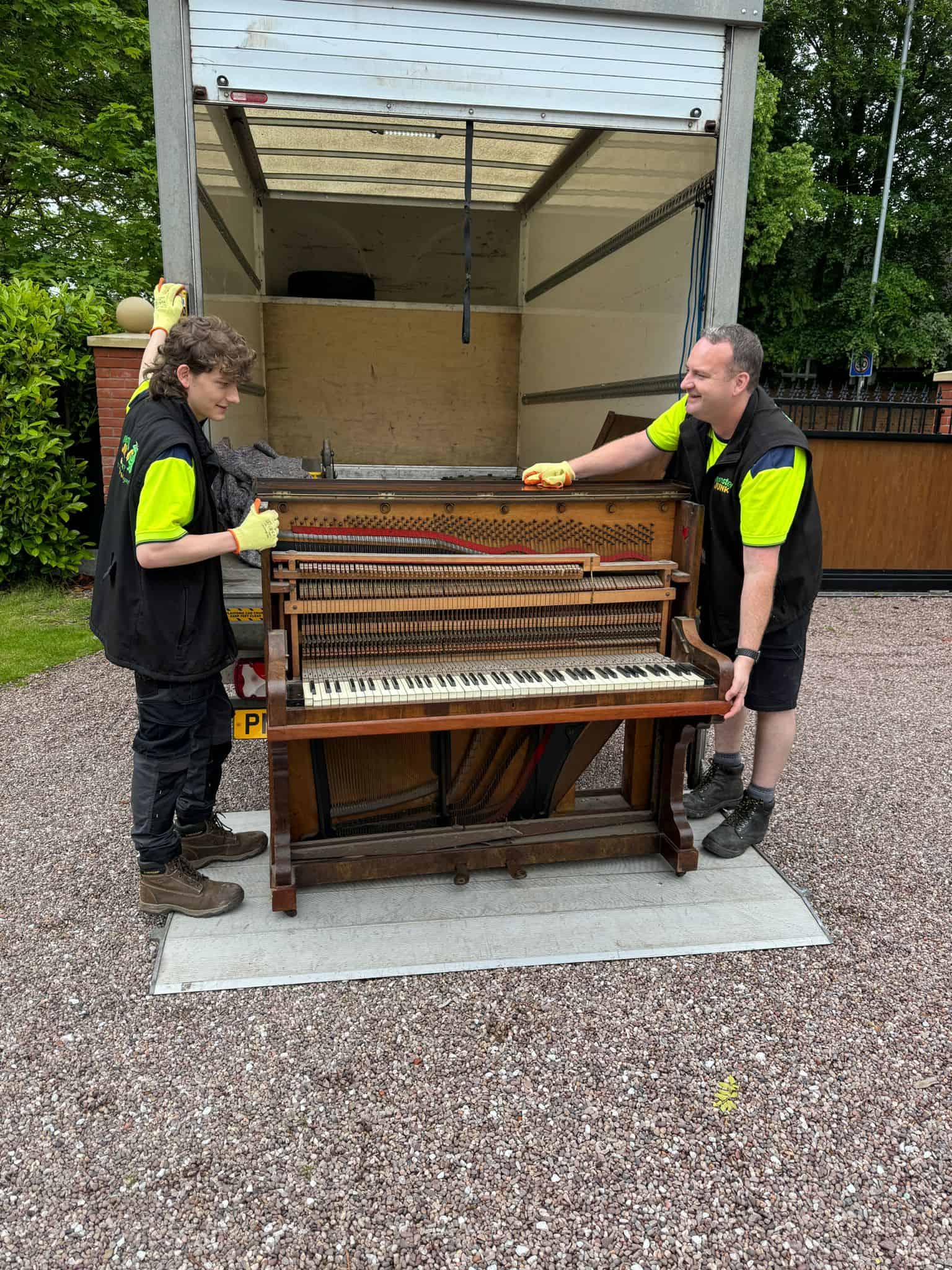
What Happens to my Junk?
It feels great to have a clear-out, make space in your home or swap-out tired furniture for beautiful new replacements. But what becomes of the unwanted stuff you get rid of?
What actually happens to my Junk?
These days we are aware of the environmental impact of our actions, and we are looking for an environmentally responsible way to throw stuff out. In the bad-old-days, rubbish was buried in the ground, in huge landfill sites that leech nasty chemicals into the earth. Or junk would be burned in huge toxic fires with no filtration on the gasses emitted into our air. We know better now, but the modern world generates a far higher volume of stuff to dispose of, and more of it is made from synthetic materials that don’t easily decompose.
The least harmful way to get rid of your furniture, bric-a-brac and appliances is to recycle them - to sell them or give them to someone who can make good use of them in their current form. But if you are replacing a broken washing machine, or getting rid of a damaged sofa, or throwing out old toys it can be hard to find new homes for them. When things have reached the end of their useful lives and no-one wants them anymore, what can we do?
The mantra is reduce, reuse and recycle.
Recycling means more than putting your aluminium cans in the right bin at home. Almost everything can be recycled in some way if we try hard enough. Recycling means collecting and processing materials that would otherwise be thrown away and making new things from them. This means breaking things down and separating them into the constituent parts so that each element can be reused wherever possible. Not only does this reduce the amount of junk going for landfill or incineration, it helps to conserve natural resources and reduce pollution because fewer new raw materials are needed.
At Monster Junk, everything you throw away is taken to be processed responsibly. We can promise that over 97% of what we remove is diverted from landfill, and in some areas that figure is close to 100%. Whatever cannot be reused in its current form will be sorted, separated and broken down into the materials that can be used again.
Hazardous Waste
Most of the things collected from homes are made up of wood, metal, plastics, hardcore or ‘green-waste’. Some things - like plasterboard, small electrical items such as TVs or microwaves, tyres or hazardous waste have to be carefully processed by professionals with specialist equipment to make sure their recycling doesn’t have a negative impact on the environment.
What classifies as hazardous waste? Well, a good place to start is wether or not the waste possesses any of the following properties. Is it:
- Ignitable – waste that combusts or burns easily.
- Corrosive – waste that can cause damage or corrode any substances it comes into contact with.
- Reactive – waste that may explode or violently react with other substances - particularly air and water.
- Toxic – waste containing or that releases dangerous toxins.
You may be surprised at what junk from the home is considered to be ‘hazardous waste’ and needs expert attention to dispose of safely and in an environmentally friendly way:
- Batteries, some liquids, old-fashioned television sets before flat-screen technology, fluorescent light-bulbs and contaminated soil all come under this category.
- Any refrigeration appliance - fridge, freezer, air-conditioner, water-cooler, heat-pump - has harmful gas inside that needs disposing of by specialists.
- Mattresses also need special attention - the foam, fibres and metal springs are teased apart by specific machines, in an environment that can handle the hygiene concerns that processing used bedding requires.
- POPs Waste is a lesser known evil, yet very prominent in the average household. POPs stands for Persistent Organic Pollutants - carpets, sofas, mattresses, curtains, and armchairs are all considered POPs waste due to the flame retardant they are sprayed with and so they require more intensive treatment to be properly recycled.
Duty of Care Waste Transfer Notes
Whether you are moving house, down-sizing, trading-up or just having a clear-out, make sure your junk collection service offers you a duty of care waste transfer note. This paperwork should show the Environment Agency waste carriers registration number (which you can check online), the date and time of your collection, the nature of the junk they take and the registration number of the vehicle your junk goes into. This document allows the authorities to trace the journey your unwanted furniture/junk makes from your home to the point it is responsibly recycled. This peace of mind allows you to relax and enjoy your newfound space or your replacement appliances.
Need a junk collection? Call us on 0800 029 3737 or head to the 'Contact Us' page on our website to get in touch.


